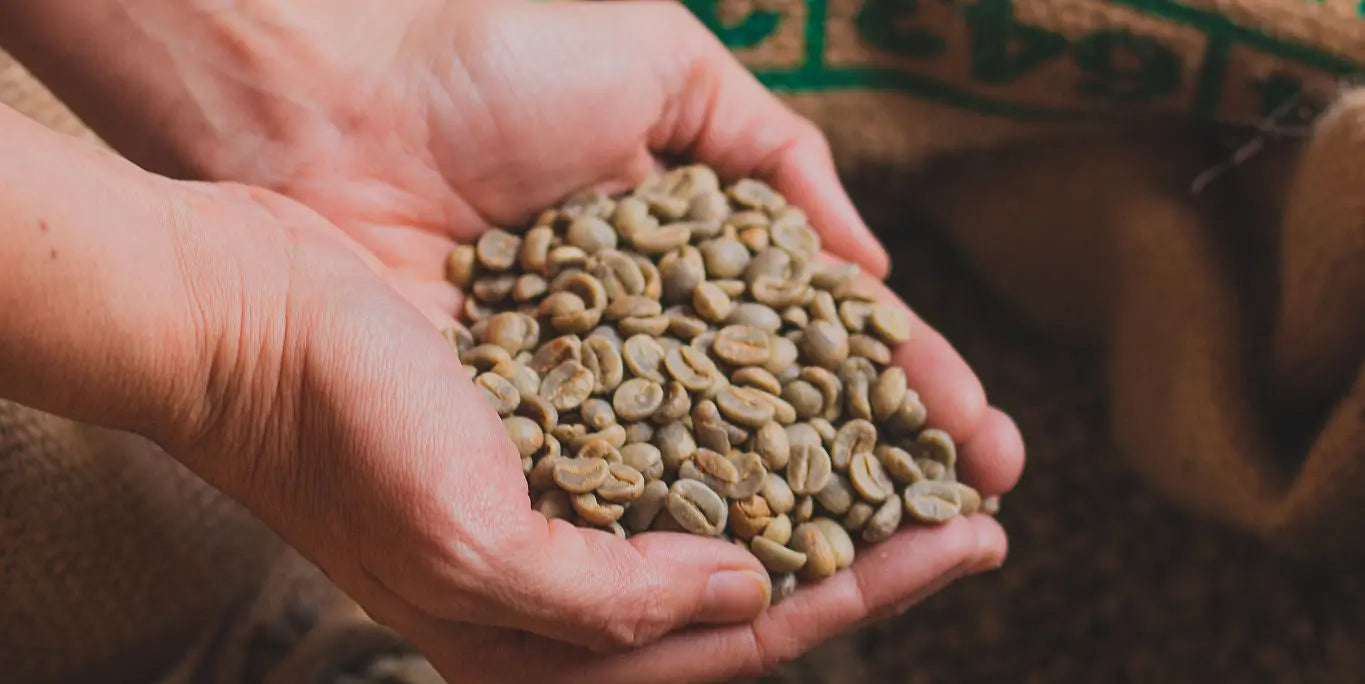Unless you religiously drink coffee or are intrigued enough by the industry to learn about it, there’s only a small chance that you’d be familiar with all the coffee-related terminologies.
After all, who wants to read up about coffee jargon if they don’t really pay too much attention to what coffee they are drinking.
Coffees come of various types demarcated by the source, growth conditions, roasting process, grinding process, etc.
Either way, two terms that you may have likely heard of are single origin and blends. So what’s the fuss behind it, and why are people sometimes divided over the two?
In this post, we’re going to deep-dive into what these terms mean and what may be the right choice for you.
What are Single Origin Coffees?
Single origin coffees are sourced from one specific geographical region. This could mean a country, an estate, a farm or even as direct as a single plot of land.
While it’s not easy to trace when exactly the use of the term became commonplace amongst consumers, its distribution gained momentum after cafés began offering a more premium range of coffees made of single origins.
The reason why they are held in high regard is that they are of top-tier quality. Single origins are often handpicked and come from different corners of the world.

A slew of factors like climate, soil type, growing conditions, processing, etc. determines the final output. And this quality creates a sense of exclusivity that is unique to a single origin.
What are Coffee Blends?
Coffee blends are exactly that - a mix of coffee beans obtained from multiple locations. Whether that is different regions in a country or from different countries, it’s entirely up to the coffee producer.
They tend to be manufactured on a larger scale to appeal to the common interests of the public and cater to a wider audience.
It takes great knowledge and expertise on the part of the producer to create good coffee blends since they’d have to know various flavour profiles, predict what it would taste like as a blend and so on.
Since these use a mix of coffees, blends are usually preferred because of the harmonious intersection of notes that one can discern in a cup.
Which One Would be Perfect for You?
We highly recommend that you try out numerous coffees before settling on your top favourites.

There are various factors to consider when buying single origins or blends.
Firstly, think of your budget. Single origins are naturally higher-priced and with good reason. They aren’t available year-round, and when they are, it’s also in limited quantity.
Next, what coffee tastes do you lean towards? Blends provide a consistent taste in each bag since they are mass-produced to adhere to certain standards.
Single origins, on the other hand, can have some inconsistencies depending on minute changes in their growth and production. Just think about it. Even climate changes, which are beyond the control of a farmer, change the taste of the coffee beans.
If matters of sustainability and fair trade are important to you, you might prefer single origins. They fuel the third wave coffee movement in spreading awareness about the true value of coffee.
Consuming single origin coffee is not just about drinking any coffee. It is being transported to the time and space when the coffee came to be.
Whether your coffee transports you to the plantations of Brazil or India, you’ll be that much closer to appreciating all that has gone into creating a cup of coffee for you.
There’s no reason you need to choose either of the two when you can bring home a variety of coffees to try.
At Beancraft, we offer a selection of exquisite single origins and blends that have become a crowd favourite across the world.
Let us know what your experience has been like trying out different coffees.

